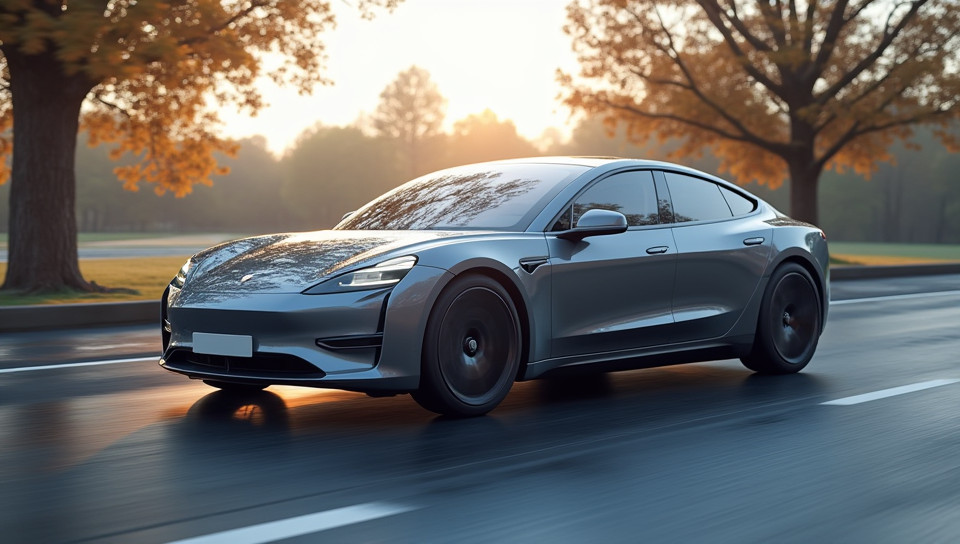Range anxiety remains a major concern for EV owners 71%

Range Anxiety: The Unsettling Reality for EV Owners
As the world transitions to electric vehicles (EVs), many are hailing this shift as a beacon of hope for our planet's future. However, beneath the surface lies an unspoken concern that plagues EV owners – range anxiety. This nagging fear of running out of charge while on the go has become a major obstacle for many would-be adopters.
What is Range Anxiety?
Range anxiety refers to the uncertainty and apprehension that electric vehicle drivers experience when they worry about depleting their battery before reaching their destination. This anxiety can be debilitating, making even short trips feel daunting. As a result, range anxiety has become one of the most significant hurdles in the adoption of EVs.
The Causes of Range Anxiety
Several factors contribute to range anxiety:
- Lack of charging infrastructure: Insufficient charging points in public areas and rural regions exacerbate this issue.
- Limited battery range: Electric vehicles with shorter ranges make owners feel more anxious about running out of charge.
- Uncertainty about route planning: Drivers are unsure how far they can travel on a single charge, making navigation more complicated.
The Impact on EV Adoption
Range anxiety has significant implications for the growth of the EV market. It affects not only individual consumers but also businesses and governments. As a result:
- Slower adoption rates: Range anxiety deters many from purchasing an EV, leading to slower sales and reduced demand.
- Higher costs: Increased reliance on gasoline-powered vehicles contributes to higher emissions and environmental degradation.
- Missed opportunities: By not investing in EV infrastructure, cities miss out on the economic benefits of a thriving electric vehicle industry.
The Way Forward
While range anxiety is a pressing issue, it's not insurmountable. Governments, manufacturers, and consumers must work together to alleviate these concerns:
- Invest in charging infrastructure: Governments should prioritize public and private investments in charging stations.
- Improve battery technology: Manufacturers must continually innovate battery designs to increase ranges and reduce costs.
Conclusion
Range anxiety is a real concern that requires attention from policymakers, industry leaders, and the general public. By acknowledging this issue and taking proactive steps to address it, we can accelerate the adoption of electric vehicles, reducing our reliance on fossil fuels and creating a more sustainable future for all.
- Created by: Arjun Singh
- Created at: Aug. 14, 2024, 11:55 p.m.
- ID: 7203
